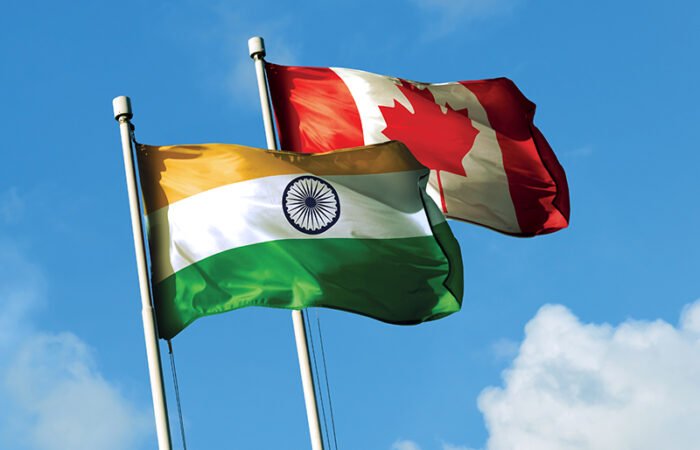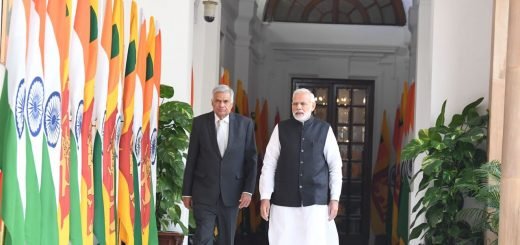Renewing India-Canada Relations in the Indo-Pacific

India and Canada have had a rocky relationship in the past. The recent and first foreign visit of Canada’s Foreign Minister Melanie Joly ahead of India’s G20 presidency is particularly significant in healing relations. Delhi is looking forward to enhancing its bilateral ties with Ottawa and increasing its focus on the Indo-Pacific against the backdrop of China’s increasing influence in the area. Following India’s independence in 1947, Canada was the first Western country to reach out to India for aid and assistance. But these relations were broken back in 1974, after India’s peaceful nuclear explosion. Code name: “Smiling Buddha.” As a result, Canada and the United States became hostile to India. The decade of 1970 was a harsh one for India. And there was constant friction in the relationships. Following the infamous 9/11 attacks, the United States began to view India through a new lens, which aided Delhi and Ottawa in reviving their relations in 2001.
In recent times, Canada has been more focused on India in terms of its Indo-Pacific strategy and to build on the two nations’ shared interests and traditions of democracy, pluralism, multilateralism, and shared concerns with China. Canada’s engagement with India under the Indo-Pacific Strategy will create opportunities for growth and prosperity for the two countries. The two states seek to generate momentum for a stronger, more open, and more prosperous partnership between them and the Indo-Pacific region that firmly supports regional peace, stability, and the rules-based international order. By fostering collaboration and dialogue, they can create a mutually beneficial relationship that will bolster regional security and prosperity while upholding the principles of the international order. Through this partnership, India can help Canada ensure a more secure and prosperous future for the Indo-Pacific region in retaliation for China’s recent military muscle flexing.
What is the Indo-Pacific Strategy?
Canada released a new Indo-Pacific strategy in the late winter of 2022.Canada aims to grow economic ties with India through deeper trade and investment, as well as cooperation on building resilient supply chains. Canada has a comprehensive Indo-Pacific strategy, with a focus on four key regions: China, India, the North Pacific (Japan and Korea), and ASEAN. This strategy is designed to strengthen Canada’s presence in the Indo-Pacific region and to promote economic, political, and security cooperation with its partners in the region. The strategy is intended to foster greater collaboration and dialogue between Canada and its partners and to ensure that Canada is well-positioned to take advantage of the opportunities presented by the Indo-Pacific region. And it has placed India as an important partner in the strategy to counter China and its presence.
Implementation
For more than three years, the strategy had been developed and reviewed. Several documents were said to have been reviewed. The released version’s text is concise, and the overall approach is pragmatic, with clear goals and objectives. There are adequate descriptions of the key steps in the implementation process. Apart from encouraging Canadian investment, India is also negotiating the EPTA in preparation for a Comprehensive Economic Partnership Agreement (CEPA). Officials estimate that two-way foreign direct investment between Canada and India is approximately $4.6 billion, with Canadian direct investment in India totalling $2.9 billion and market and institutional investment in India totalling approximately $70 billion.
There has been no mention of a specific review or monitoring mechanism, but one may be announced soon. The strategy has the potential to exacerbate the region’s ongoing strategic competition and rivalry. But with the recent notion of a specific review or monitoring mechanism, but one may be announced soon. The strategy has the potential to exacerbate the region’s ongoing strategic competition and rivalry. But with the recent visit of FM Joly it is critical for Delhi and Ottawa, and it is hoped that relations will improve and deepen in the coming years.


















